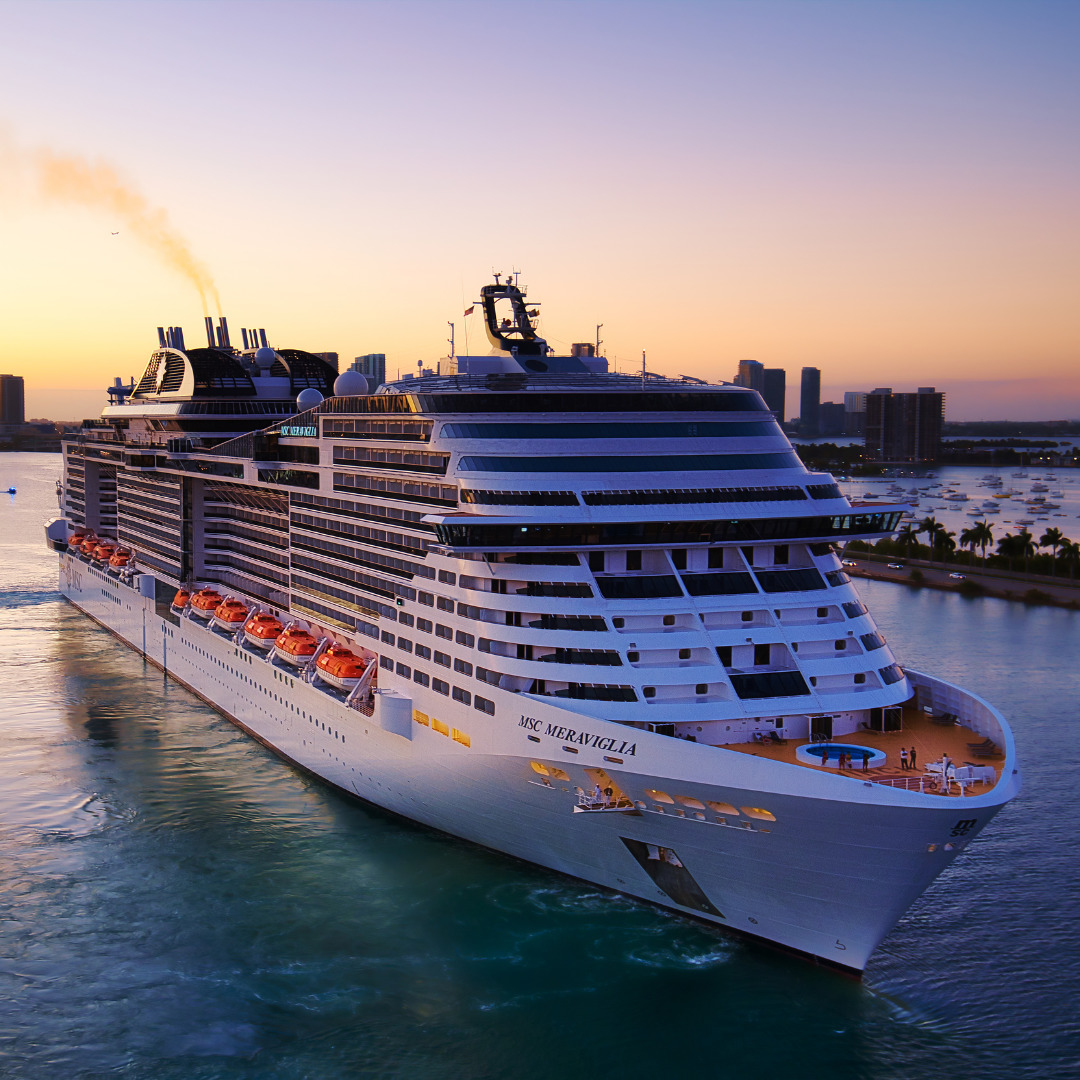Taking a Caribbean cruise this year? Traveling to an all-inclusive resort for a well-deserved vacation? Be safe. Bringing a lawsuit against a cruise line or a resort for injuries or damages occurring on board or at a foreign location is not easy.
Read the Fine Print
When you purchase a cruise line ticket or book your hotel, you are probably thinking about all the fun you will have and not what can go wrong. In the fine print of your tickets and reservations, however, cruise lines and resorts insert language that limits your opportunity to sue them. The language is a contract that you agree to when you purchase the ticket and courts generally enforce it.
First, cruise lines and resorts almost always reduce the time you have to bring a lawsuit to one year instead of the two years most states allow for filing of injury lawsuits. If a passenger or guest fails to act promptly, he or she may lose the ability to sue. Second, cruise lines and resorts usually insert a “forum selection clause.” This clause requires passengers to sue the cruise line or resort in the court of its own choosing, generally a location where the law is more favorable.
In Seung v. Regent Seven Seas Cruises, Inc., the injured passenger, an elderly resident of California, filed suit against the cruise line in Florida. However, the cruise line’s forum selection clause required any legal action against the company occurring on a cruise that did not include a U.S. port to be brought in Paris, France. Unfortunately, the woman’s cruise took place in the Polynesian Islands. The Florida federal court dismissed the case. It ruled that the age and physical condition of the passenger was not a valid reason to strike the forum selection clause as unduly harsh. The court ruled the woman did not have to take the cruise and may have benefitted from a lower fare by virtue of less legal exposure to the company in French courts.
Third, cruise lines and resorts may insert a “choice of law” clause in the ticket or reservation language. While the “forum selection clause” controls where a lawsuit may be filed, the “choice of law clause” controls which country’s law may apply. The choice of law clause may have a huge impact on the amount of money an injured passenger can recover. For example, if a Liberian flagged cruise ship operating out of a U.S. port imposes Liberian law instead of U.S. admiralty law, a passenger’s damages may be limited to $70,000.00. And even U.S. admiralty law is not as favorable to a passenger’s recovery as traditional state tort law is.
What are Injuries?
In a cruise ship fiasco, passengers may recover for any physical injuries causally connected to accident. However, those who simply suffered from frayed nerves and exasperation will have a more difficult time. While they no doubt may suffer from emotional distress and disappointment of a dream vacation turned nightmare, admiralty law requires emotional distress to manifest itself in physical symptoms (e.g. vomiting, sleeplessness) before damages will be allowed.
If you have been injured on vacation, call Scott Fegley at the Fegley Law Firm, (215) 493-8287 or by email at scott@fegleylaw.com. Mr. Fegley has 30 years of accident litigation experience.
We Give You Peace of Mind.

